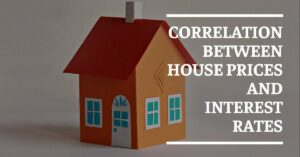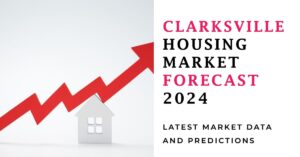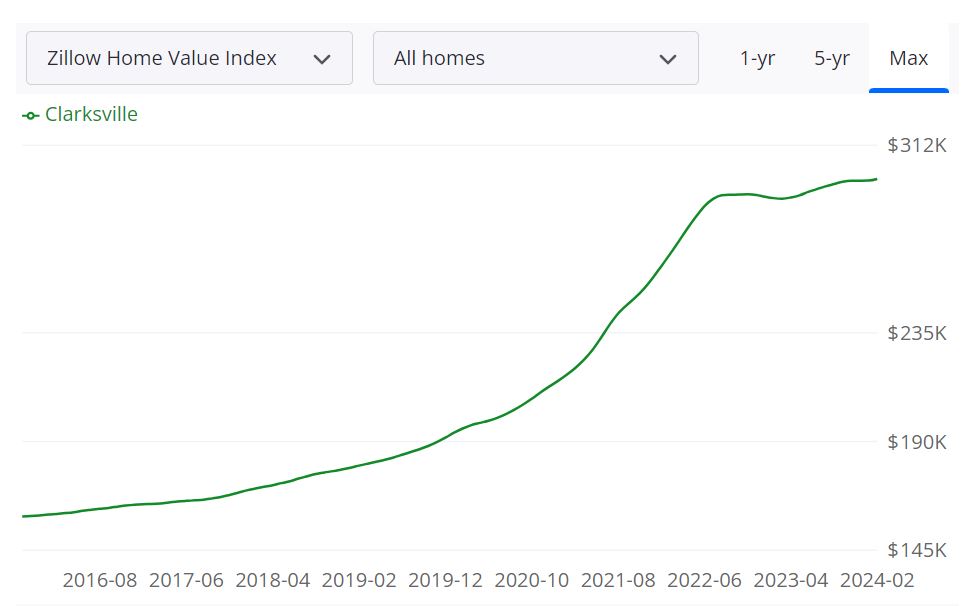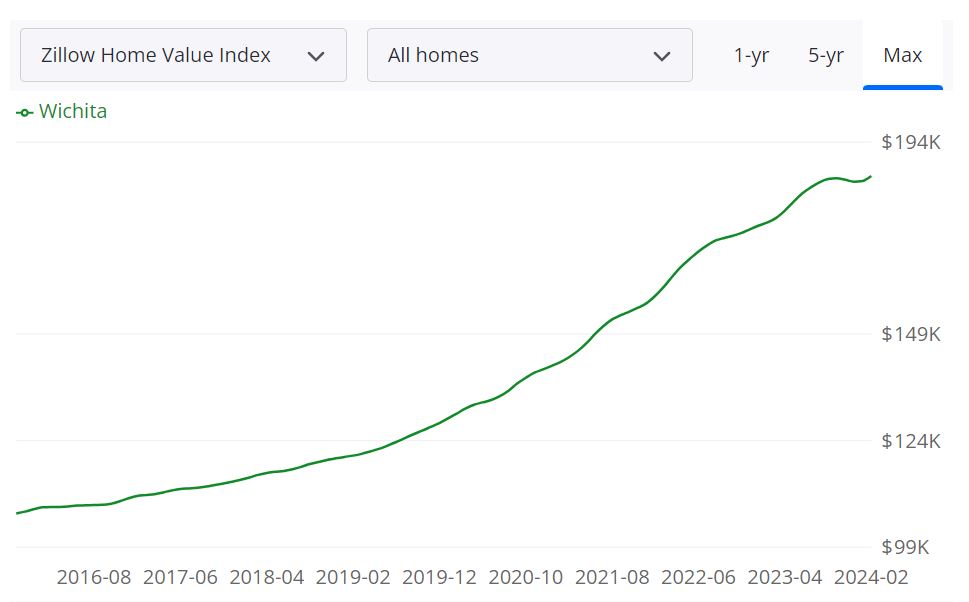Understanding the dynamics of the housing market is crucial for both potential homeowners and investors. One of the key factors that influence this market is the relationship between house prices and interest rates. Let's discuss the details of this correlation and what it means for you.
The Correlation Between House Prices and Interest Rates
Interest rates are a powerful economic tool that can significantly impact house prices. Generally, there is an inverse relationship between the two: as interest rates rise, house prices tend to fall, and vice versa. This phenomenon occurs because changes in interest rates directly affect the cost of mortgage payments. Higher interest rates mean higher mortgage costs, which can deter potential buyers due to the increased cost of borrowing. This decrease in demand can lead to a drop in house prices.
However, the relationship is not always straightforward. Various factors can influence this correlation, such as the overall economic climate, consumer confidence, and the supply of housing. For instance, even if interest rates rise, house prices may continue to increase if there is a period of rising incomes or a shortage of housing supply.
Additionally, the type of mortgage rates—fixed or variable—can also play a role. With fixed-rate mortgages, homeowners may not feel the immediate impact of interest rate hikes until they remortgage, potentially creating a lag in the market response.
Historical Context
The historical context provides valuable insights into this relationship. For example, during the late 1980s and early 1990s, the UK experienced a rapid increase in mortgage payments due to high-interest rates, leading to a fall in house prices. Conversely, the 2008/09 housing price fall was not primarily due to interest rates but rather a global credit crunch and recession.
Other Influential Factors
Economic growth is a significant factor that affects the demand for housing. As the economy grows and incomes rise, people are more likely to invest in housing, which can drive up prices. In periods of economic prosperity, even if interest rates are high, the demand for housing can remain strong due to increased consumer confidence and purchasing power.
Unemployment rates also play a crucial role. High unemployment can lead to a decrease in housing demand as fewer people have the financial stability to commit to buying a home. Conversely, low unemployment can boost the housing market as more individuals are in a position to purchase property.
Consumer confidence is another key aspect. If consumers are optimistic about the economy and the housing market, they may be more inclined to buy despite higher interest rates. On the other hand, if there is a fear of a downturn or a lack of confidence in the market's stability, potential buyers may hesitate, leading to a cooling of the market.
The availability of mortgages is also a critical factor. During times when banks are more willing to lend, with lower deposit requirements and higher income multiples, the housing market tends to see an increase in demand. However, when lending criteria tighten, as seen during the credit crunch, the demand can drop significantly.
Supply and demand dynamics cannot be overlooked. A shortage in housing supply can lead to increased prices, while an excess can cause them to fall. This was evident in the Irish property boom and subsequent collapse, where an oversupply in the market led to a significant drop in prices.
Government policies, such as tax incentives for homeowners or housing subsidies, can also impact house prices. These policies can either stimulate or cool down the market, depending on their nature and implementation.
Lastly, the type of interest rates—whether they are fixed or variable—can affect how quickly the housing market responds to changes in the base rate. With a significant portion of homeowners on fixed-rate mortgages, there can be a delay in the market's reaction to interest rate hikes as these homeowners won't feel the impact until they remortgage.
In summary, while interest rates are a pivotal factor in determining house prices, they are part of a complex web of elements that collectively influence the housing market. For those interested in the housing market, it is essential to consider these factors holistically to gain a comprehensive understanding of what drives house prices and how they might change in response to shifts in interest rates and other economic indicators.
Understanding the correlation between house prices and interest rates is essential. It can help in making informed decisions and anticipating market trends. As with any investment, it's advisable to consider a range of factors and seek professional advice tailored to your specific situation.













